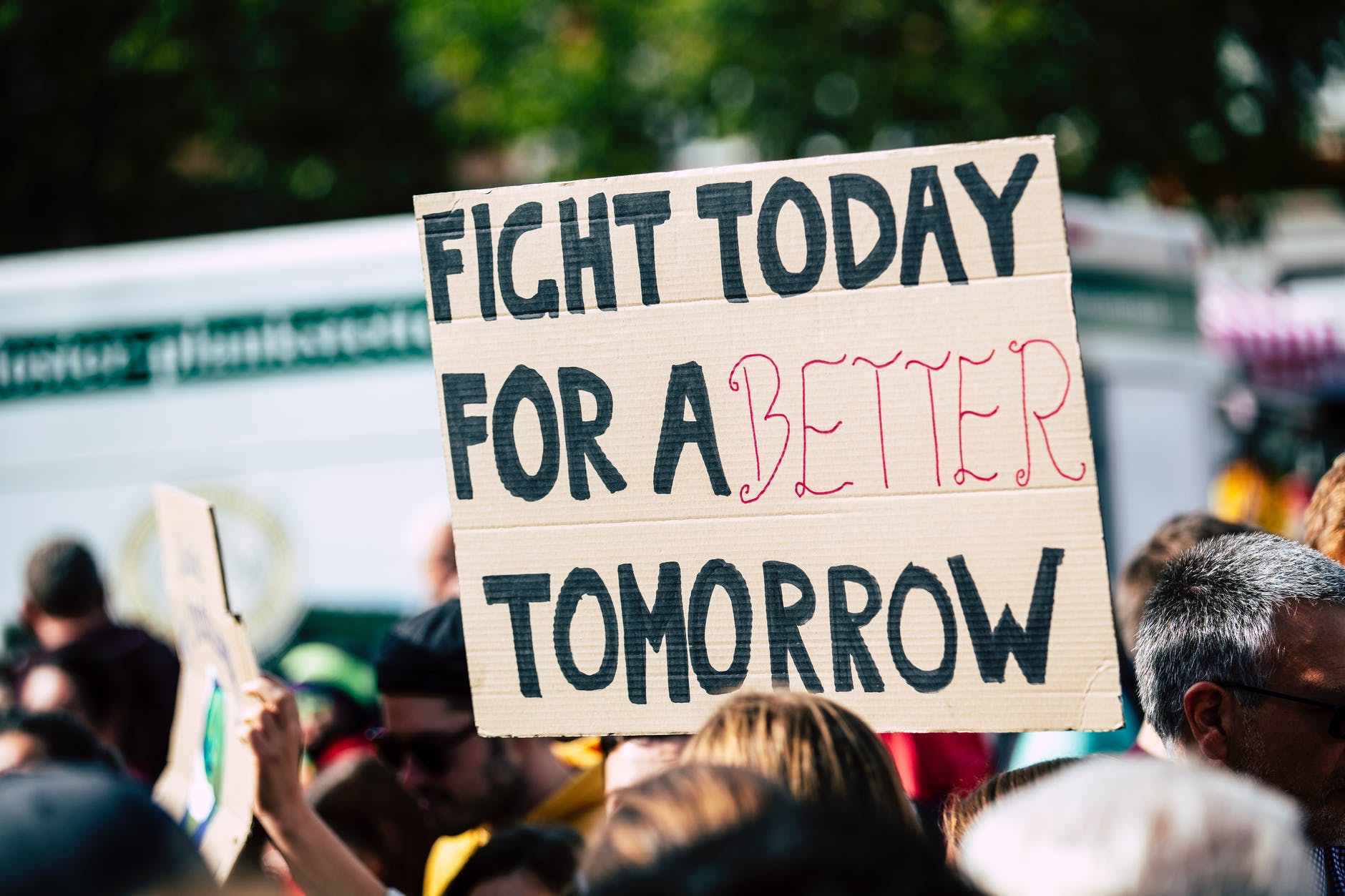Change, Here and Now
The United States is in a perilous time. Semiotically, it’s easy to see not only the painfully obvious signs of distress and fracture, but it’s also clear that we are in an unprecedented time. It can seem like a scary time to be an American. In fact, it’s scary just to be in the world right now.
Pandemic.
Racial Tensions.
Nuclear Arms.
Destruction and Looting.
Violence in the Streets.
Chaos.
Panic.
Fear.
Between mounting tensions on armaments and COVID-19, the landscape is a powder keg. And no, it hasn’t blown yet.
The protesting regarding the war between black & blue (and black & white, and ___ & ___ ) has not initiated the countdown yet. We’re still in the preamble of what could be a tumultuous era in not just our nation’s history, but in the world’s history. What do we next decides not just our personal futures, but the collective future of humanity.
It’s a fact that racism is wrong and needs to end. It’s also a fact that racism is melded into the foundations of how tribalism has always worked.
How can we change this? It’s not tribalism that’s toxic. In fact, tribalism is necessary. Without the rooting of the local sports team, the national unity, or even gathering together for a minyan (all these are expressions of tribal identity), humanity cannot function. Even the core identity of humanity requires tribalism – Jewish or not, Levite nor not. We all need to feel like we belong somewhere.
That’s not the issue. The issue is how we treat the “other.”
How do you treat those not like you? Not your skin color? Not your nationality? Not your book club? Not your colleague? Not your minyan?
It’s time we listen to the voices of the protesters. To the cries of the martyrs. To the clarion call for all of humanity to unite as one.
Then, and only then, can we truly imagine a future where the world works together to serve HaShem. This is how we repair tribalism and create a society that can embrace and encourage differences.
Until then, the world is merely a shadow, an incomplete holographic vision, of potential – both the potential of tikkun olam and the potential to burn down the garden. What we do next, what you do next, decides the next steps.
We can fix the garden ourselves or burn it down. Those are our only choices. No one is going to fix it for us. So what do you want to do about the problem? As Pirkei Avos teaches us, you don’t have to finish the work, but either are you absolved from doing what you can, when you can.
What can you do? You can stand in peace and unity. You can wear a facemask. You can overcome your presuppositions and arrogance. You can choose peace. You can be humble. You can love one another. You can transcend the animal instinct and connect with the divine spark.
The time is now. What will you do?

